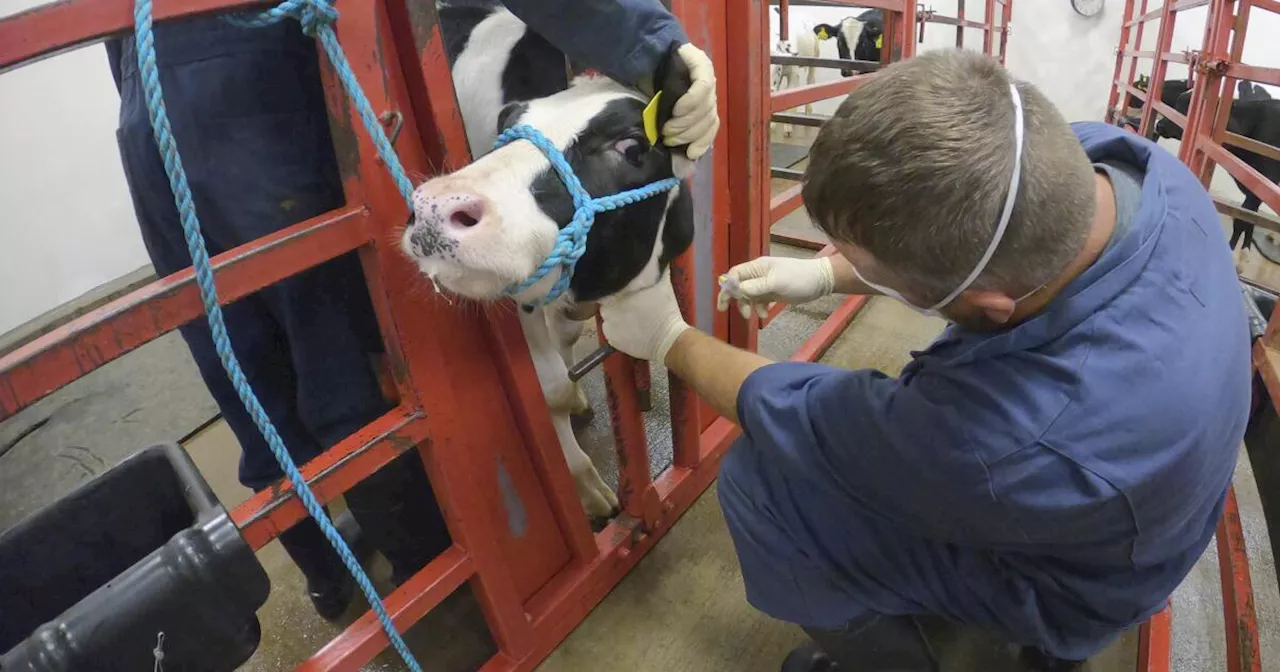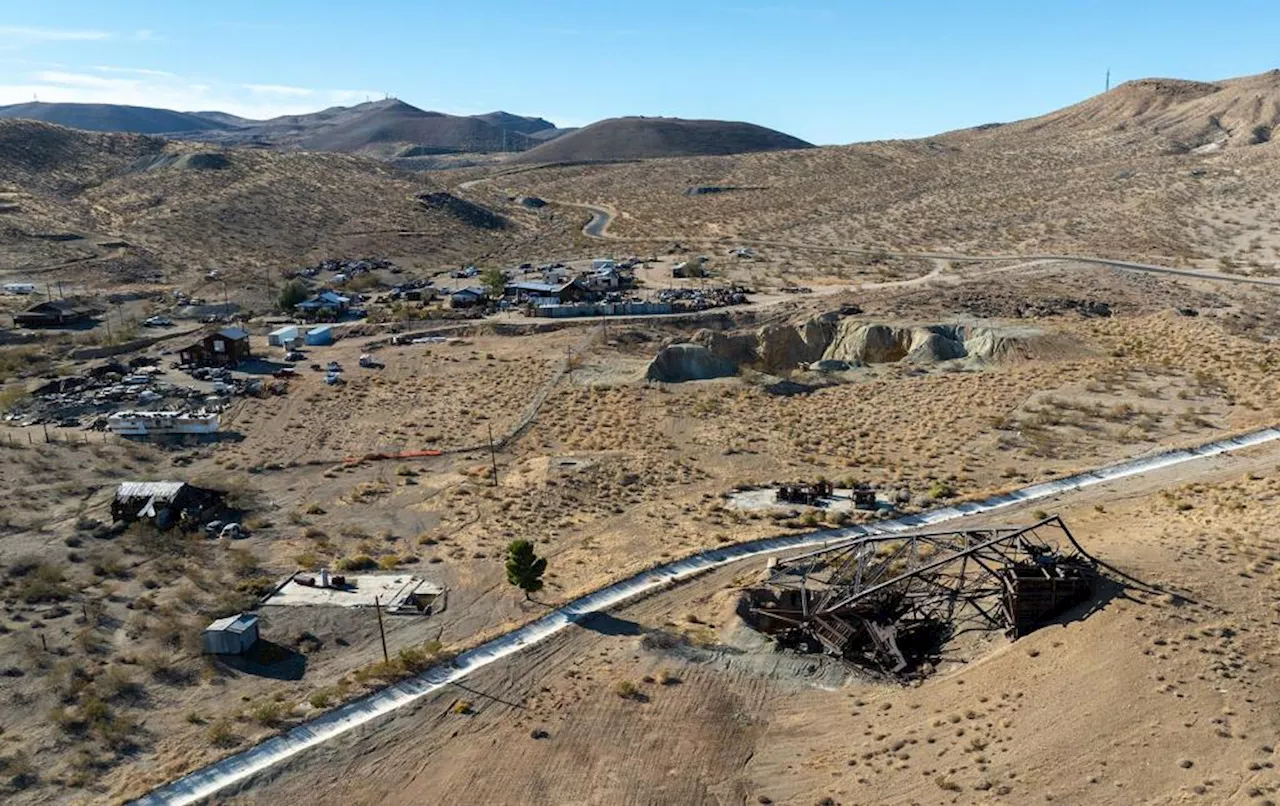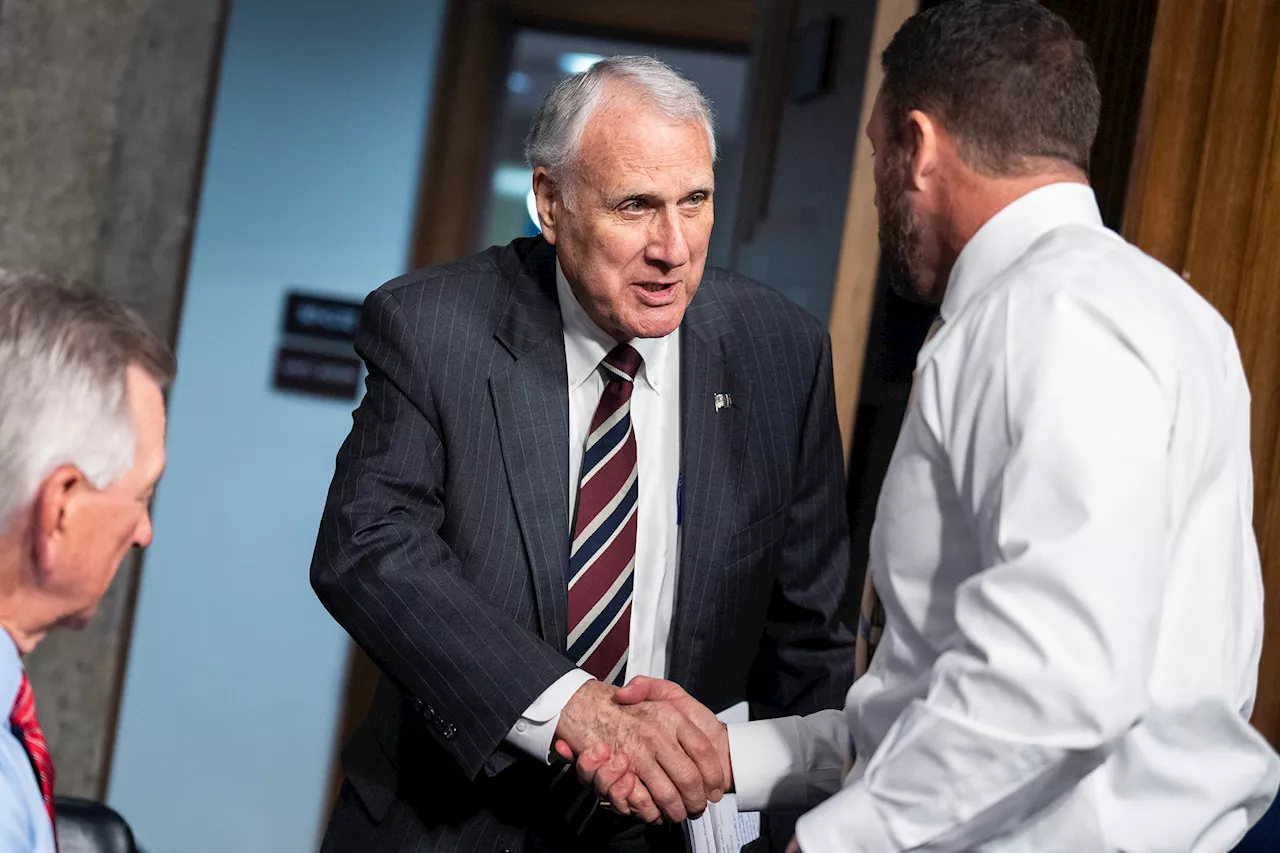This article examines the alarming trend of nuclear proliferation and the role of former Senator Jon Kyl, a vocal advocate for a larger nuclear arsenal, in undermining international efforts to prevent a catastrophic nuclear war. It highlights Kyl's historical opposition to arms control treaties and his recent lobbying efforts to weaken existing nuclear agreements.
A primary responsibility of the government is, of course, to keep us safe. Given that obligation, you might think that the Washington establishment would be hard at work trying to prevent the ultimate catastrophe — a nuclear war. But you would be wrong.
A small, hardworking contingent of elected officials is indeed trying to roll back the nuclear arms race and make it harder for such world-ending weaponry ever to be used again, including stalwarts like Senator Ed Markey (D-MA), Representative John Garamendi (D-CA), and other members of theof nuclear hawks who want to build more kinds of nuclear weapons and ever more of them. And mind you, that would all beover the next three decades to create a whole new generation of nuclear weapons, stoking a dangerous new nuclear arms race. There are many drivers of this push for a larger, more dangerous arsenal — from the misguided notion that more nuclear weapons will make us safer to an entrenched network of companies, governmental institutions, members of Congress, and policy pundits who will profit (directly or indirectly) from an accelerated nuclear arms race. One indicator of the current state of affairs is the resurgence of former Arizona Senator, Jon Kyl, who spent 18 years in Congress opposing even the most modest efforts to control nuclear weapons before he went on to work as a lobbyist and policy advocate for the nuclear weapons complex. His promotion of a new nuclear buildup — is a testament to our historical amnesia about the risks posed by nuclear weapons. Republican Jon Kyl was elected to the Senate from Arizona in 1995 and served in that body until 2013, plus a brief stint in late 2018 to fill out the term of the late Senator John McCain. Kyl was a staunch opponent of arms control measures, notably during his time in the Senate. He actively opposed the Comprehensive Test Ban Treaty (CTBT), which went down to a 51 to 48 Senate defeat in October 1999. That treaty banned explosive nuclear testing and included monitoring and verification procedures meant to ensure that its members met their obligations. Had it been widely adopted, it might have slowed the spread of nuclear weapons, now possessed by nine countries. The defeat of the CTBT marked the beginning of a decades-long process of dismantling the global nuclear arms control system, launched by the December 2001 withdrawal from the Anti-Ballistic Missile (ABM) treaty by the George W. Bush administration. That treaty was designed to prevent a “” nuclear arms race in which one side’s pursuit of anti-missile defenses sparks the other side to build more — and ever more capable — nuclear-armed missiles. James Acton of the Carnegie Endowment for International Peace called the withdrawal from the ABM Treaty an “” that fueled a new nuclear arms race. Kyl argued otherwise, claiming the withdrawal removed “a straightjacket from our national security.” The end of the ABM treaty created the worst of both worlds — an incentive for adversaries to build up their nuclear arsenals coupled with anthe deployment of medium-range missiles with ranges of 500 to 5,500 kilometers. That treaty had been particularly important because it eliminated the danger of having missiles in Europe that could reach their targets in a very brief time frame, a situation that could shorten the trigger on a possible nuclear confrontation. Then-Senator Kyl also used the eventual pullout from the INF treaty as a reason to exit yet another nuclear agreement, the New START treaty, co-signing awith 24 of his colleagues urging the Trump administration to reject New START. He was basically suggesting that lifting one set of safeguards against a possible nuclear confrontation was somehow a reason to junk a separate treaty that had ensured some stability in the U.S.-Russian strategic nuclear balance.its observance of a treaty that had limited the number of troops the Western alliance and Russia could deploy in Europe after the government of Vladimir Putin withdrew from the treaty earlier that year in the midst of his ongoing invasion of Ukraine.the strategic nuclear warheads of the two countries at 1,550 each and has monitoring mechanisms to make sure each side is holding up its obligations. That treaty is currently hanging by a thread. Itin 2026 and there is no indication that Russia is inclined to negotiate an extension in the context of its current state of relations with Washington. As early as December 2020, Kyl was angling to get the government to abandon any plans to extend New START, coauthoring anon the subject for the Fox News website. He naturally ignored the benefits of an agreement aimed at reducing the chance of an accidental nuclear conflict, even as he made misleading statements about it being unbalanced in favor of Russia
Nuclear Arms Race Jon Kyl Arms Control New START Treaty Comprehensive Test Ban Treaty Anti-Ballistic Missile Treaty INF Treaty Vladimir Putin NATO US-Russia Relations
United States Latest News, United States Headlines
Similar News:You can also read news stories similar to this one that we have collected from other news sources.
 Why Ned Stark Never Legitimized Jon Snow Into Being Jon Stark In Game Of ThronesCharles is a full-time features writer who covers movies and television, with expertise in Game of Thrones, House of the Dragon, and Dune.
Why Ned Stark Never Legitimized Jon Snow Into Being Jon Stark In Game Of ThronesCharles is a full-time features writer who covers movies and television, with expertise in Game of Thrones, House of the Dragon, and Dune.
Read more »
 Disney's Resurgence in 2024This news piece discusses Disney's successful turnaround in 2024 despite initial challenges. It highlights Bob Iger's leadership, box office successes, streaming service profitability, and the uncertainties surrounding Iger's successor.
Disney's Resurgence in 2024This news piece discusses Disney's successful turnaround in 2024 despite initial challenges. It highlights Bob Iger's leadership, box office successes, streaming service profitability, and the uncertainties surrounding Iger's successor.
Read more »
 Bird Flu Resurgence Raises Concerns in the U.S.Bird flu is on the rise in the U.S., with California experiencing a significant number of cases. The virus has spread to dairy cows, leading to infections among farmworkers. Although the virus has been somewhat contained, experts warn that its continued evolution could pose a greater risk to human health.
Bird Flu Resurgence Raises Concerns in the U.S.Bird flu is on the rise in the U.S., with California experiencing a significant number of cases. The virus has spread to dairy cows, leading to infections among farmworkers. Although the virus has been somewhat contained, experts warn that its continued evolution could pose a greater risk to human health.
Read more »
 Death of Russian General Spurs Resurgence of FalsehoodsThe killing of Russian Lieutenant-General Igor Kirillov, known for promoting conspiracy theories, has led to a renewed spread of unsubstantiated claims about bioweapons and U.S. involvement in Ukraine.
Death of Russian General Spurs Resurgence of FalsehoodsThe killing of Russian Lieutenant-General Igor Kirillov, known for promoting conspiracy theories, has led to a renewed spread of unsubstantiated claims about bioweapons and U.S. involvement in Ukraine.
Read more »
 Jennifer Lopez's Low-Rise Jeans ResurgenceJennifer Lopez is bringing back low-rise jeans, sparking debate and nostalgia. The article contrasts her recent embrace of this controversial trend with her previous preference for wider-leg styles.
Jennifer Lopez's Low-Rise Jeans ResurgenceJennifer Lopez is bringing back low-rise jeans, sparking debate and nostalgia. The article contrasts her recent embrace of this controversial trend with her previous preference for wider-leg styles.
Read more »
 Gold Rush Resurgence in RandsburgAbandoned mines in the Randsburg Mining District are sparking a real estate boom as the price of gold rises.
Gold Rush Resurgence in RandsburgAbandoned mines in the Randsburg Mining District are sparking a real estate boom as the price of gold rises.
Read more »
